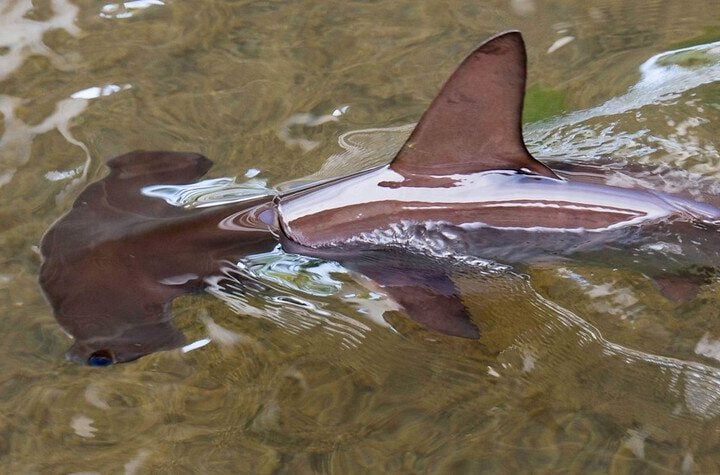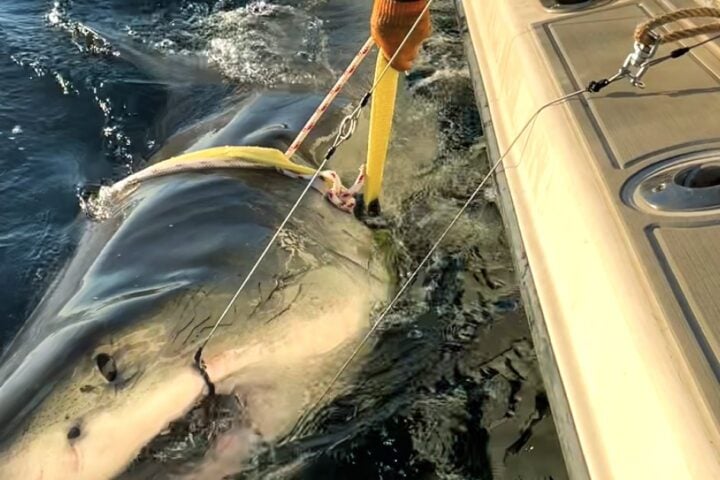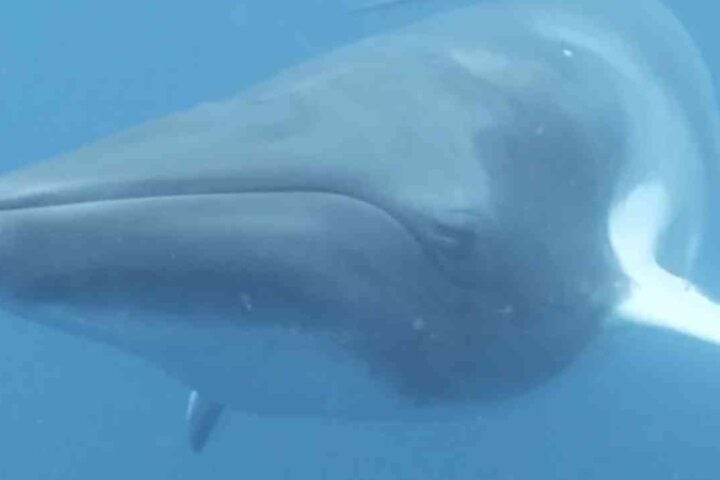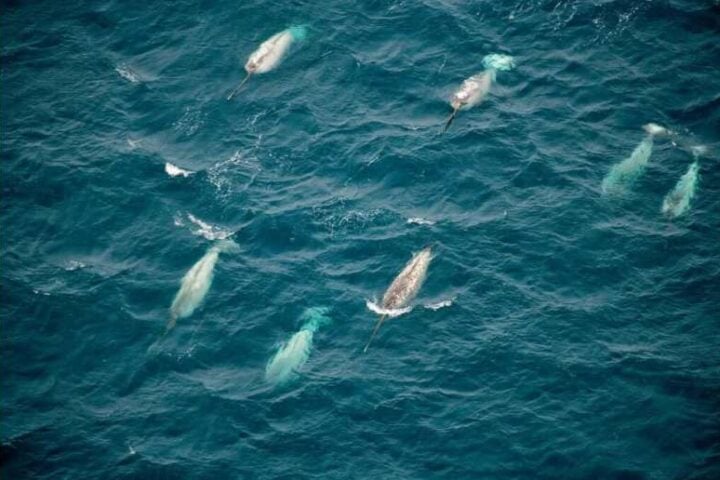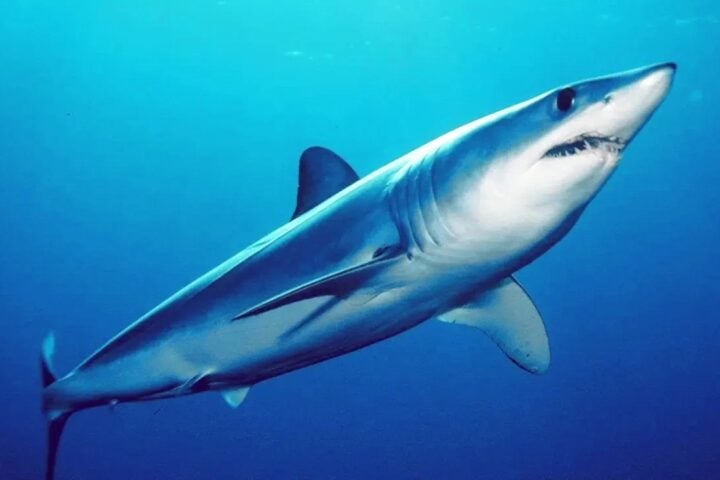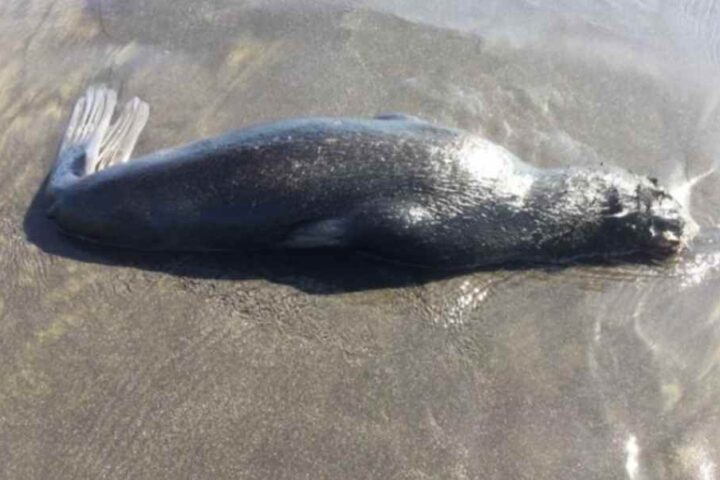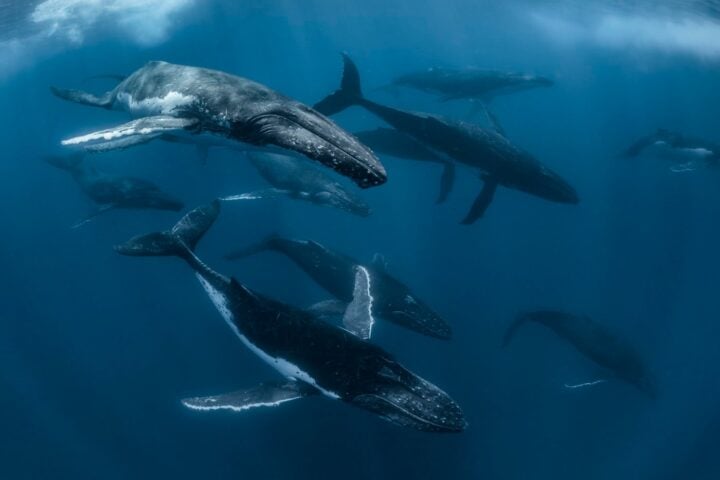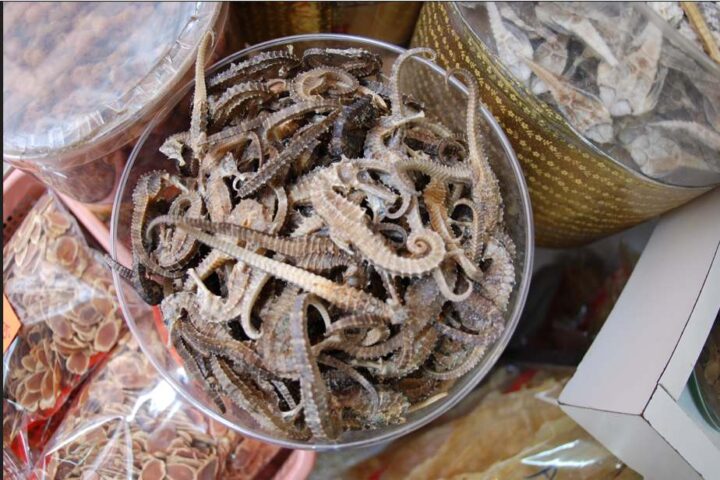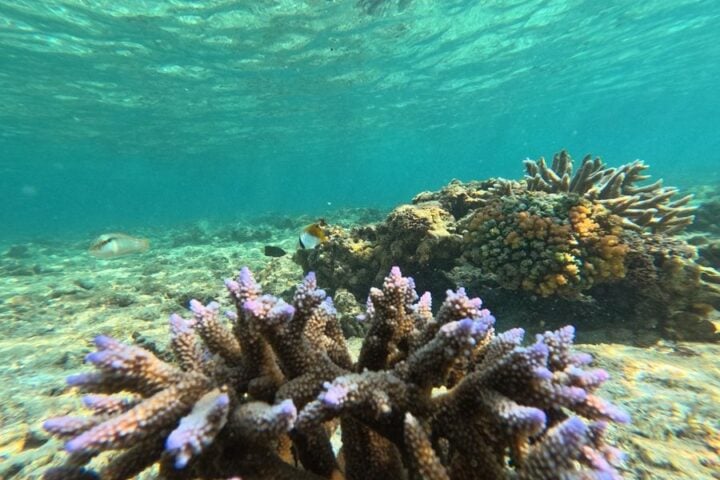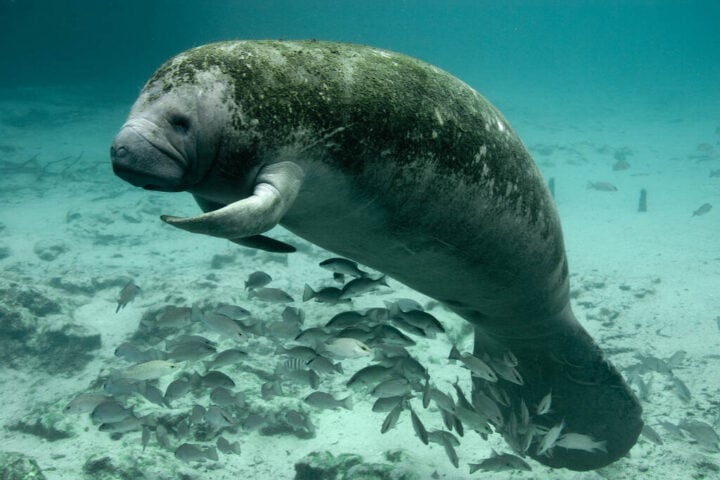A race against time to find at least 100,000 new marine species in the next decade has been begun by a global alliance of scientists and explorers called the Ocean Census, the initiative is spearheaded by the Nippon Foundation and the UK Marine Research Institute, Nekton.
The aim of the Ocean Census is to lay the foundation for a diverse and inclusive scientific partnership that spans the globe and creates a lasting legacy. According to scientists, there are around 2 million marine species still undiscovered.
The largest program, Ocean Census, is the largest program in history to discover new marine life, embarking on dozens of expeditions across the global ocean. The initiative is a response to overfishing and global warming,which threaten to drive the entire population of marine species to extinction.
Operating as a global collaborative initiative, Ocean Census will see science, business, media,media and civil society organizations, including Oceanographic Magazine, join forces. The next thousand or even ten thousand years will likely be affected by the decisions we all make in the next 10 years.
Finding suitable photographers and deploying them on expeditions, among other tasks, are involved in the partnership with the Oceanographic Magazine. Members of the UN have agreed on a unified treaty to protect biodiversity on the high seas for the first time.
Representing more than 60% of the oceans, the high seas have long been ignored in environmental regulations. Currently, only around 1% of the high seas are subject to conservation measures. A new body to manage the conservation of ocean life and establish marine protected areas on the high seas will be created by the new agreement.
For the past 200 years, taxonomy work, the art of finding and scientifically describing species, has been a slow, methodical process. At present, standing at around 2,000 a year,the average rate of new species discovery hasn’t changed much since the 1800s.
As traditional taxonomy is unable to meet the challenges of the climate and biodiversity crises, the result will be the loss of the majority of species on Earth. Now, revolutions in technologies such as digital imaging, sequencing, and machine learning make it possible to discover ocean life at speed and scale.
The time to describe a new species will be reduced from one to two years to a few months by utilizing new technologies and sharing the knowledge gained using cloud-based approaches. Over the coming years, scientists from around the world will embark on dozens of expeditions to the ocean’s biodiversity hotspots to find new life from the surface to full ocean depths.
A combination of advanced subsea technologies will be deployed by the scientists with divers,submarines, and deep-sea robots. An immense wealth of openly accessible knowledge will be created by the Ocean Census to benefit and sustain all life on Earth for humankind and our planet.
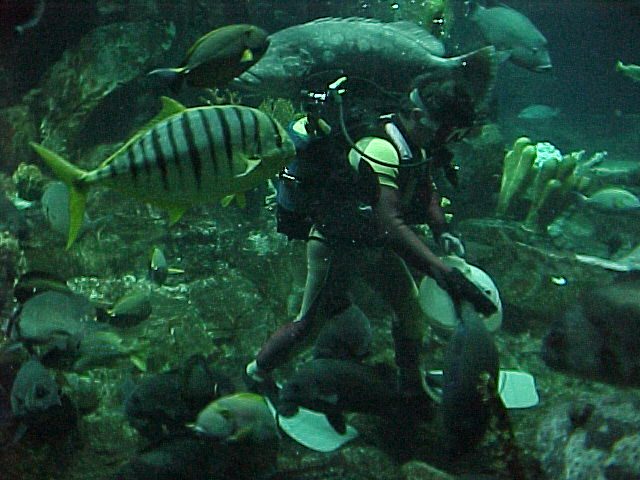
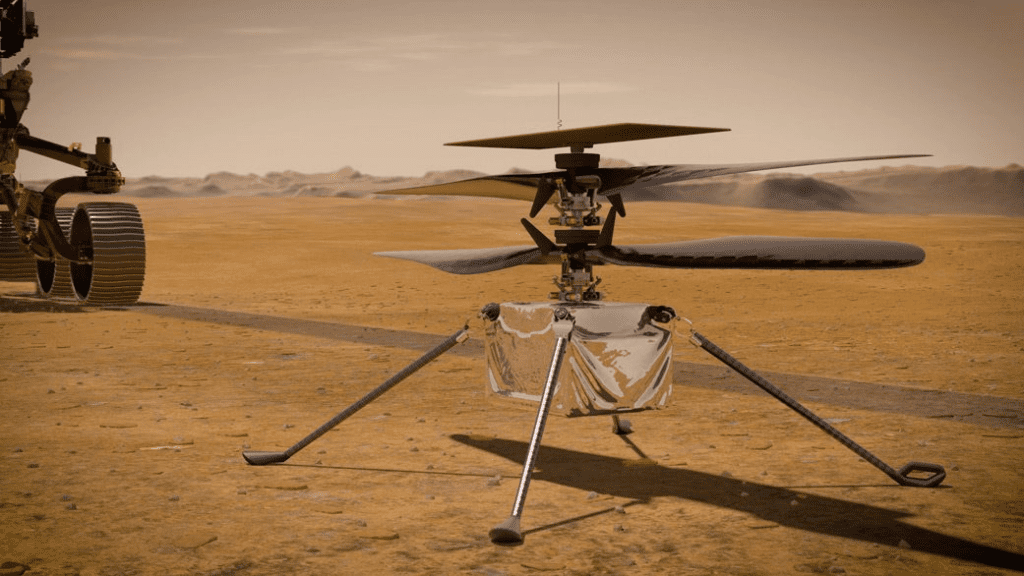
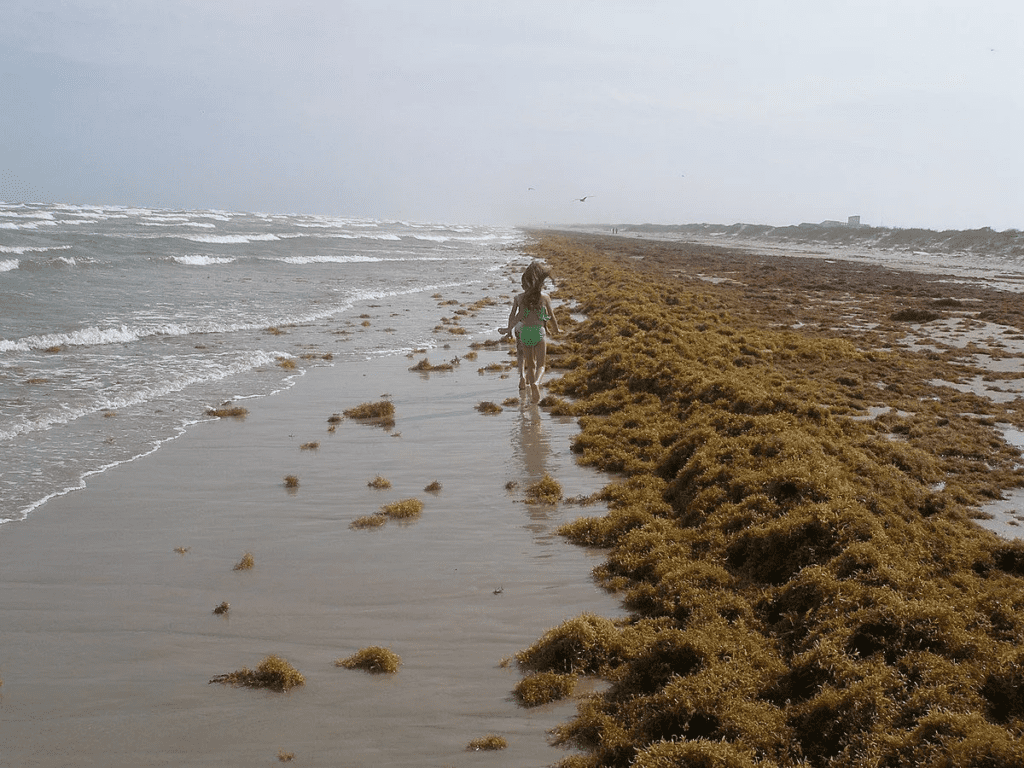
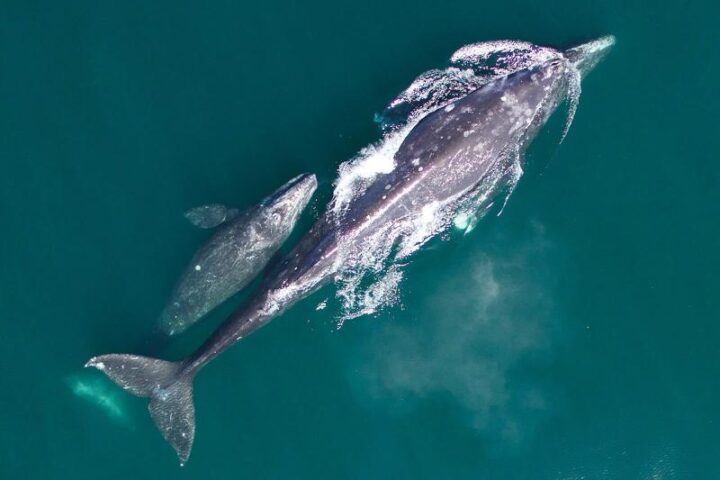
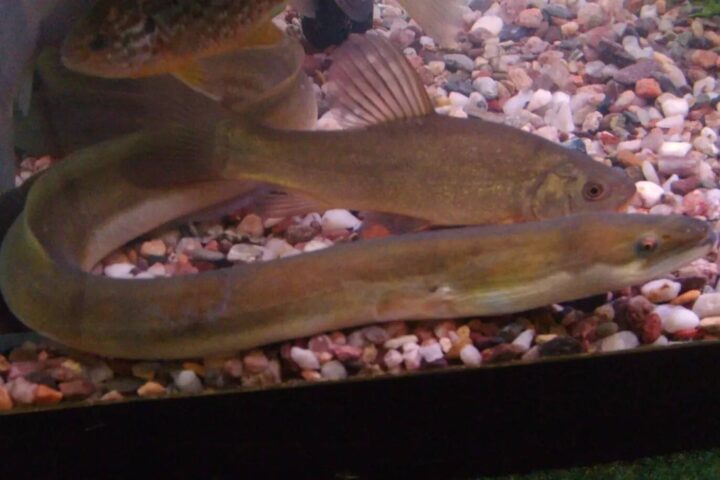
![A male [[Great white shark]] off [[Isla Guadalupe]], [[Mexico]]. Along with many [[Mackerel scad|Mackarel scads]] seen in the background. Photo Source- Terry Goss (CC BY-SA 3.0)](https://www.karmactive.com/wp-content/uploads/2025/06/White_shark-720x480.jpg)
